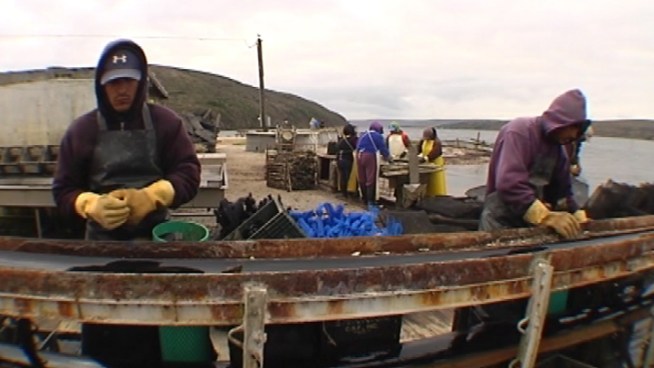A press release from HARDI and reposted here:
HARDI Responds to Motion Opposing Its Standing in Court
Columbus, Ohio – Heating, Air-conditioning & Refrigeration Distributors International (HARDI) submitted a court filing Tuesday, May 28, 2013, in the Regional Efficiency Standards lawsuit in the U.S. Court of Appeals. This filing is in response to a motion by the American Public Gas Association (APGA) which seeks to deny HARDI an opportunity to present compelling information before the court.
On May 1, 2013, when the court accepted a stay from the furnace standard, it asked all parties involved to schedule additional briefings with the court. HARDI has sought to comply with the court’s wishes to schedule briefings, but filings by other parties have complicated and delayed the process.
HARDI believes the court should deny APGA’s motion and recognize that HARDI has standing to challenge the Direct Final Rule in its entirety.
Jon Melchi, HARDI director of government affairs, said, “HARDI continues to believe the facts of this case are on its side and will take every opportunity possible to communicate those facts. HARDI, with the support of the membership, will continue to fight this case of government overreach which we believe harms the HVAC industry.”
Dan Epstein, executive director of Cause of Action, who is representing HARDI in this lawsuit, said, “We hope the court honors the merits that HARDI brings to this case so that they can continue to fight against the abuse of discretion by the Department of Energy that is affecting thousands of Americans.”
For more information about HARDI’s case against the Department of Energy click here.
